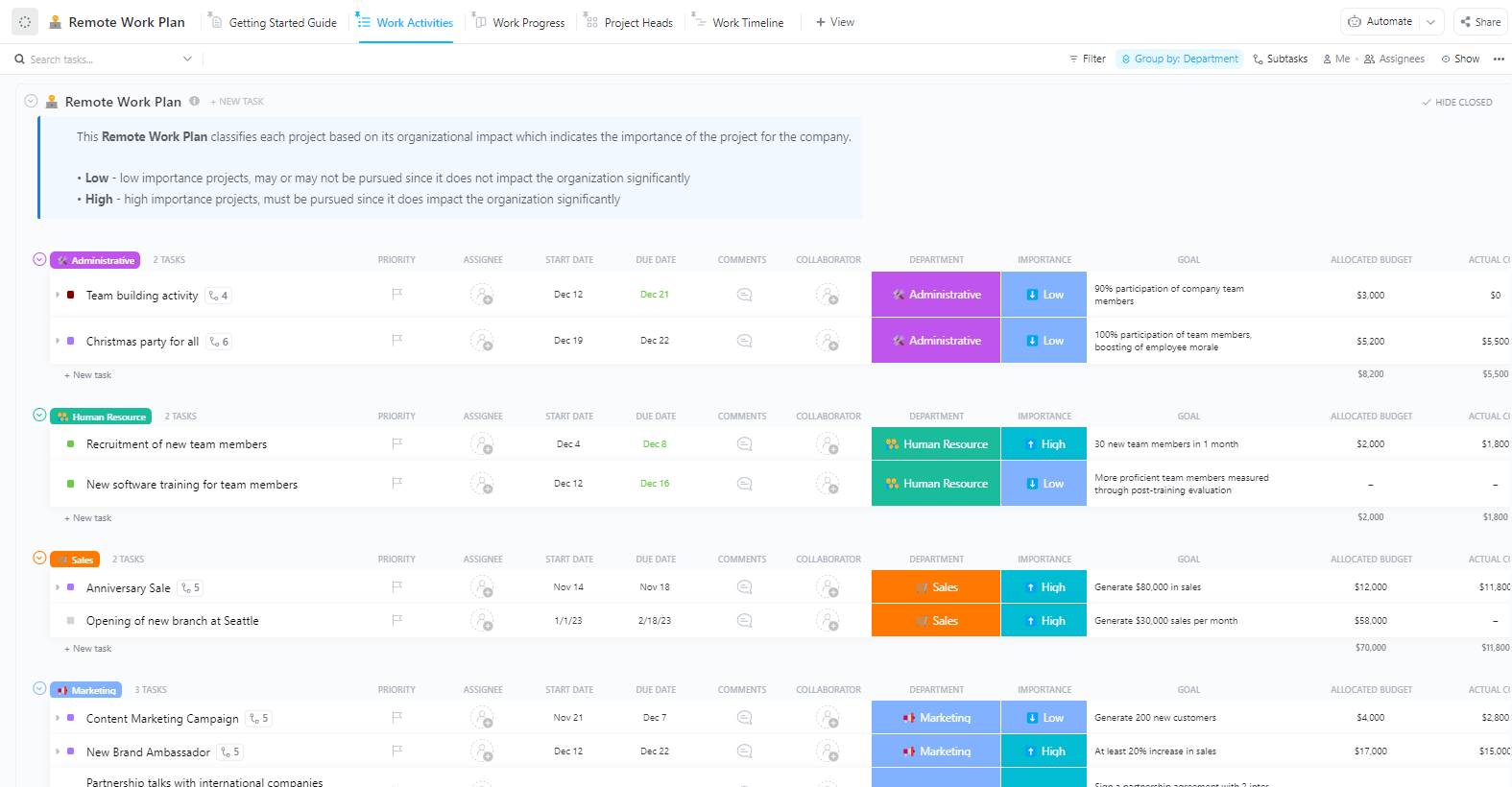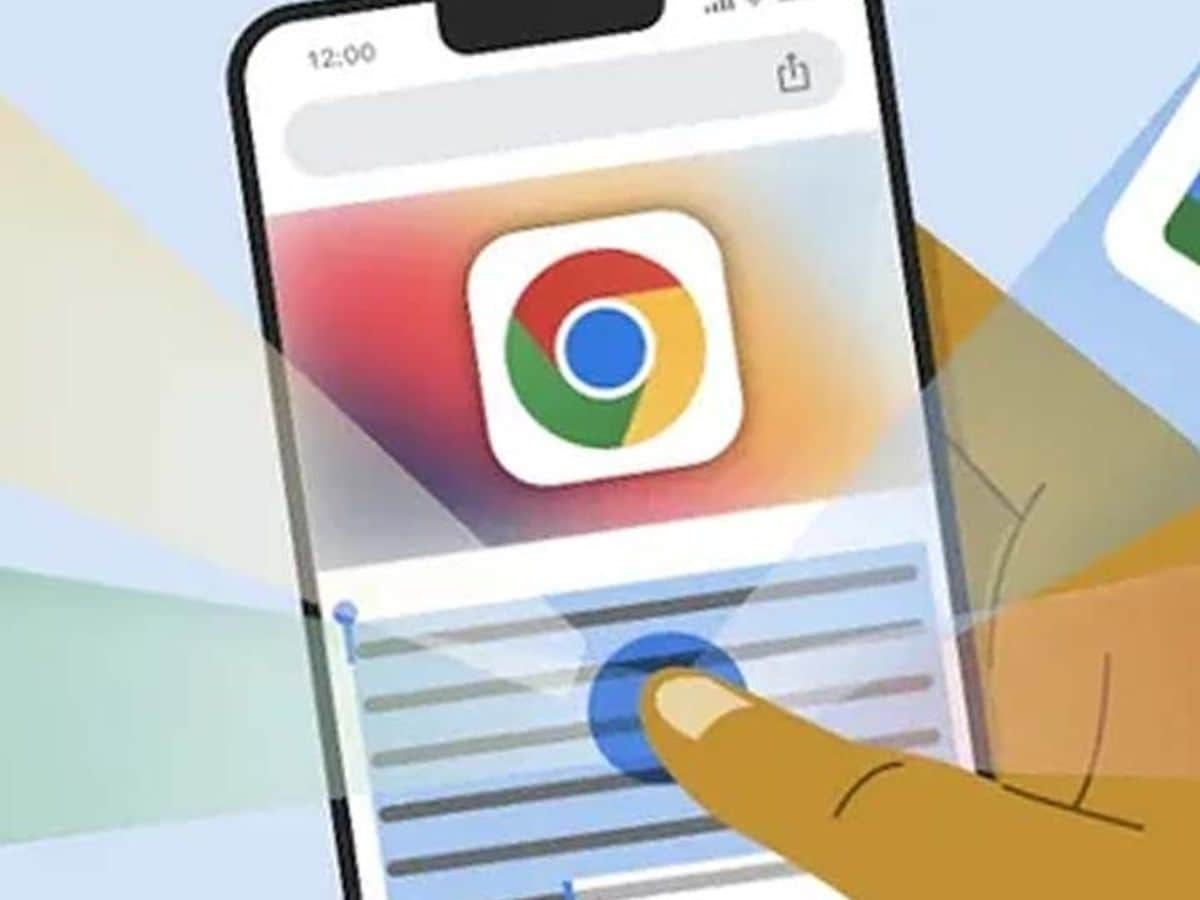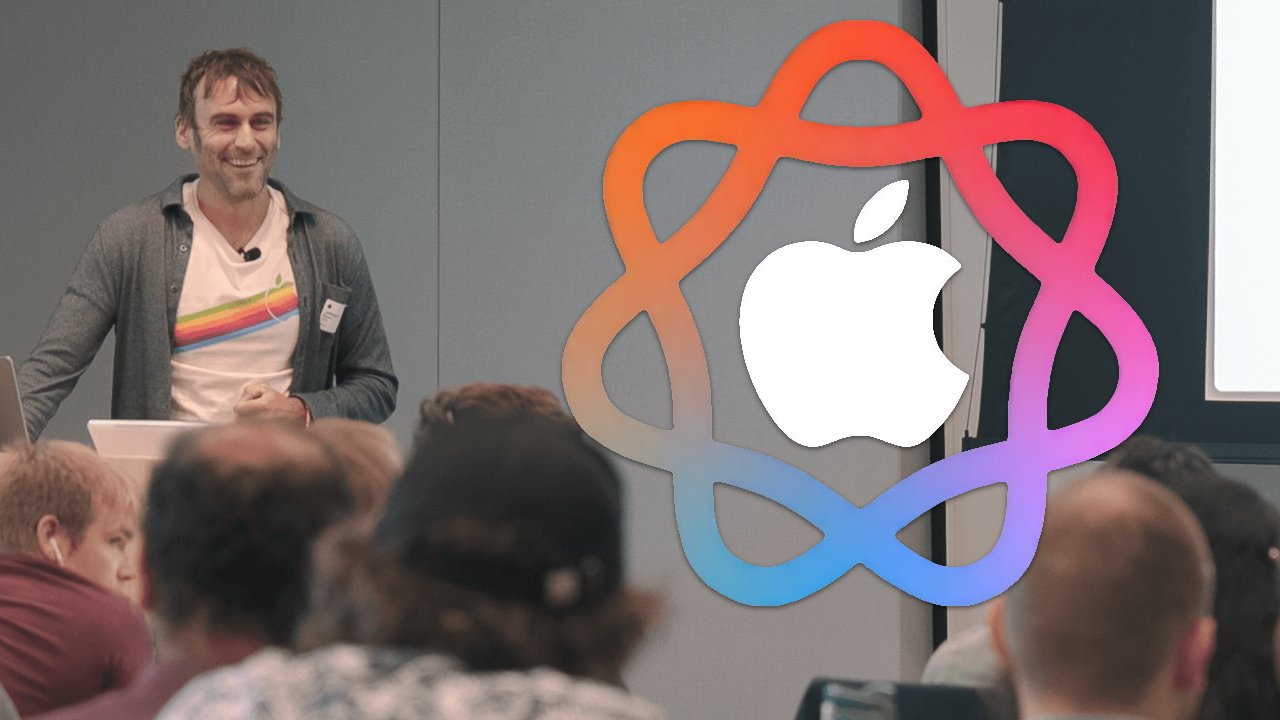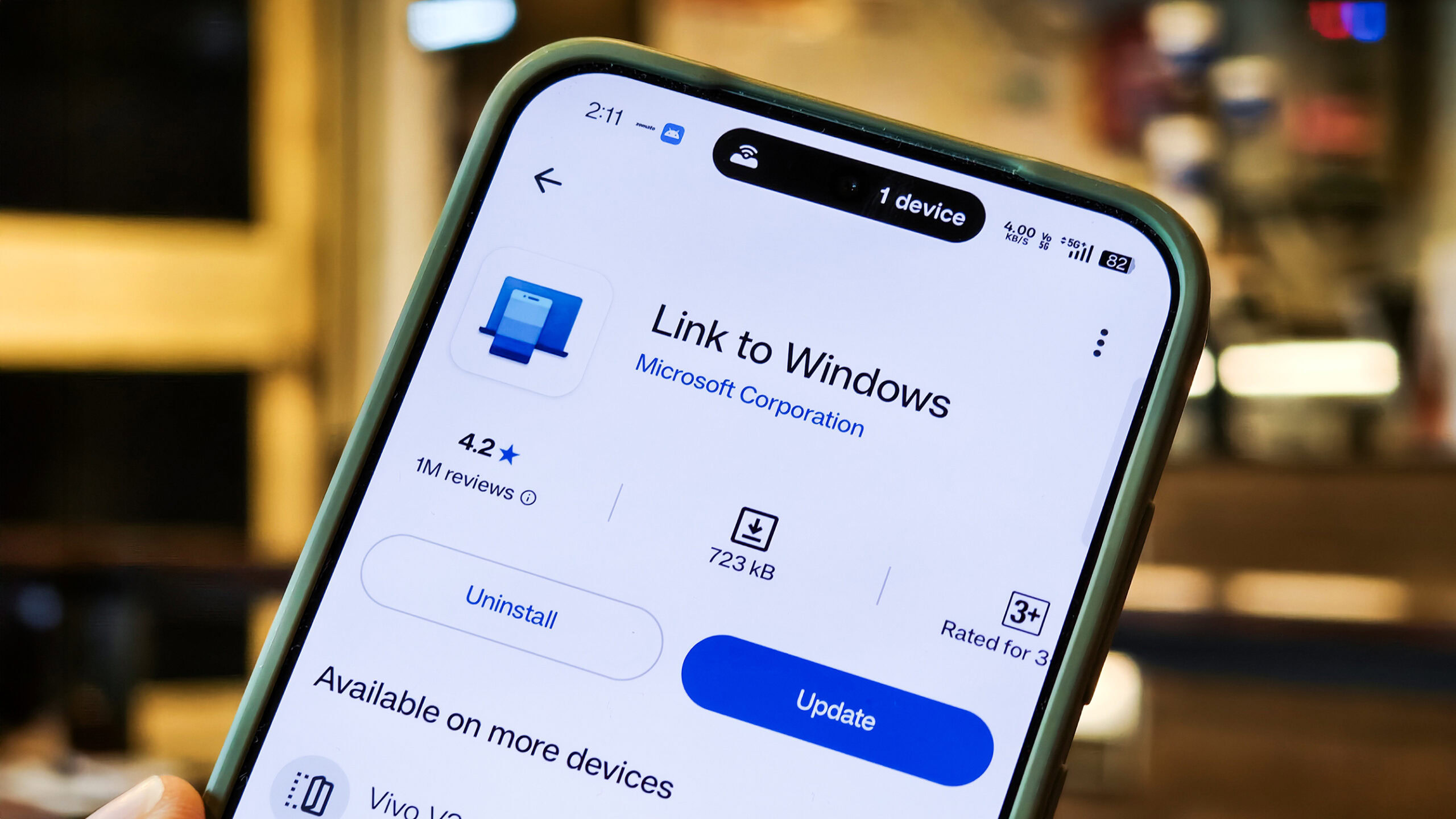The US Copyright Office has now registered over a thousand works containing some level of AI-generated material.
But this doesn’t mean you can rush to get legal copyright protection for your finest ChatGPT-generated memes or short video clips, as it seems the office is only granting these protections under specific circumstances. In an interview with Wipro Magazine, a publication for intellectual property lawyers, Assistant General Counsel Jalyce Mangum at the Office explained how the process works.
“In the copyrightability analysis, distinguishing between using AI as a tool to assist in the creation of works and using AI to stand in for human creativity is important,” said Mangum. “The difference is whether AI is enhancing human expression or is the source of the expressive choices.”
The lawyer highlighted country singer Randy Travis’s recent record, Where That Came From, which used an AI clone of his voice, as an AI-assisted artwork that is eligible for copyright protection. Travis, who lost most of his speaking ability after a stroke, would have been unable to record the song without AI’s help.
But the field of AI and copyright is a complex one all over the world, and distinctions can become blurry. For example, Mangum claimed that South Korean authorities copyrighted an entirely AI-generated movie “based on the human creativity that went into the selection, coordination and arrangement of its AI-generated components.”
The legal recognition comes as we’re seeing more and more art and music with significant AI components trickle into the mainstream. In 2024, famed rap producer Metro Boomin released a song that samples a track entirely created with AI music creator Udio. The track would later rack up 3.4 million listens on music streaming platform SoundCloud.
Recommended by Our Editors
Though this type of legal clarity may come as very welcome news for many in the creative industries experimenting with new technology, it’s still unlikely to silence some of the harshest critics of AI’s impact on the field.
Former member of The Beatles Paul McCartney has been vocal about how the rise of AI could “rip off” future generations of musicians, calling on governments like the United Kingdom to protect artists with legislation (though he did use AI to revive John Lennon’s voice in one 2023 track.) Meanwhile, we’ve seen creators in everything from publishing to photography launch lawsuits against AI firms allegedly training large language models (LLMs) on their works.
Get Our Best Stories!
Your Daily Dose of Our Top Tech News
By clicking Sign Me Up, you confirm you are 16+ and agree to our Terms of Use and Privacy Policy.
Thanks for signing up!
Your subscription has been confirmed. Keep an eye on your inbox!
About Will McCurdy
Contributor











